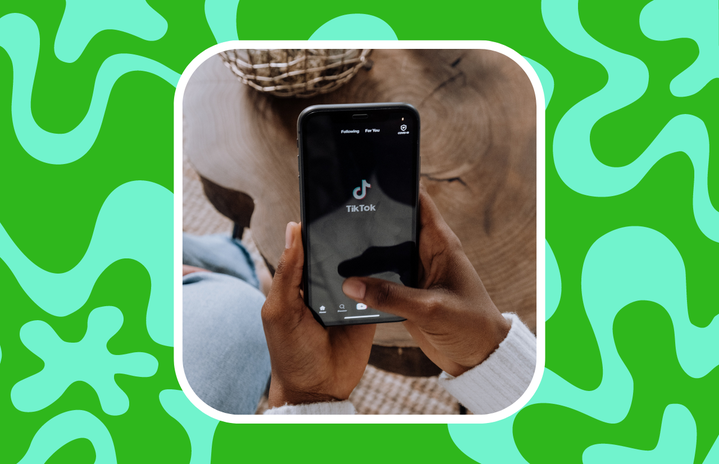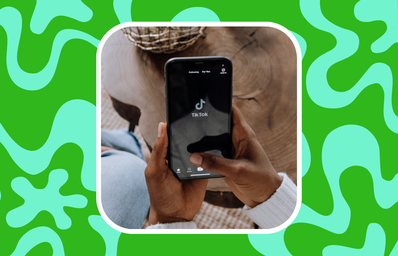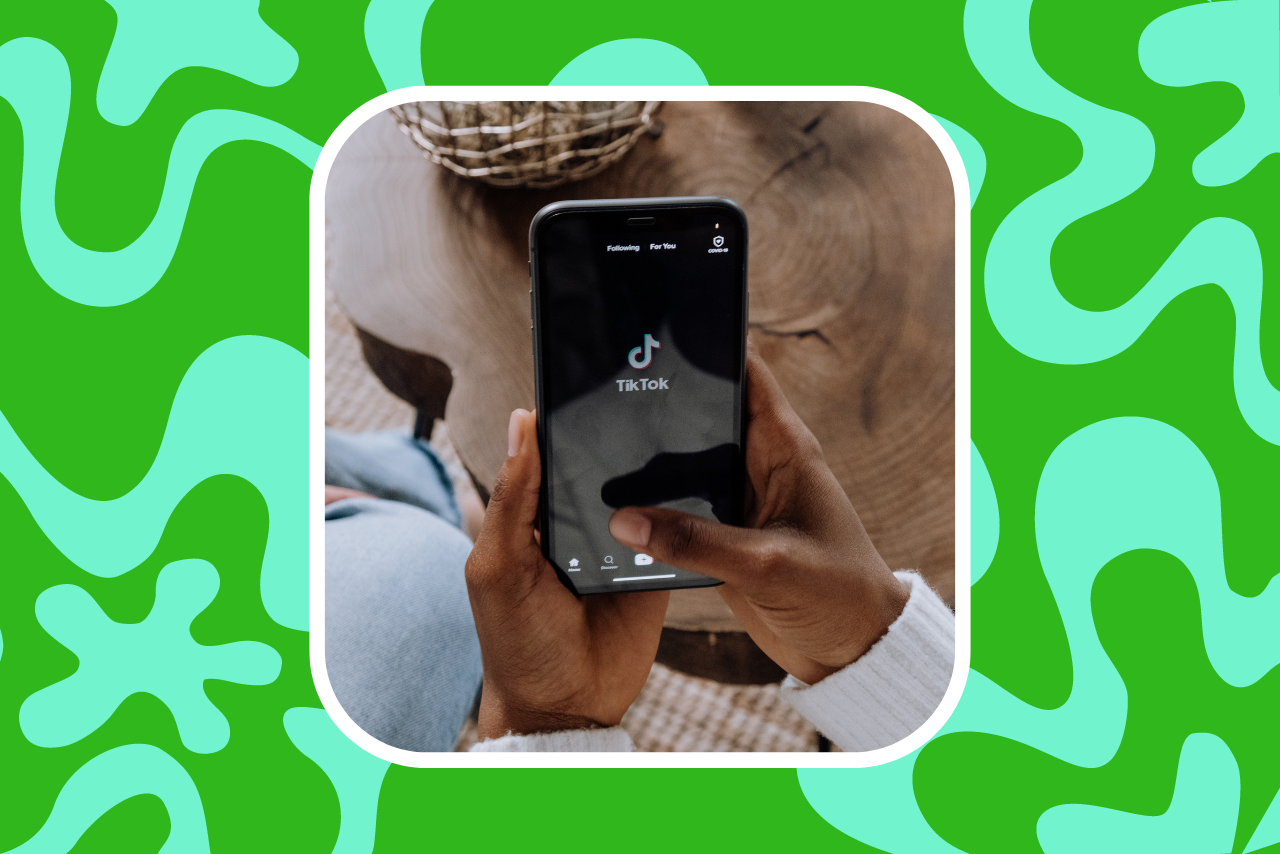Recently on TikTok, there have been a lot of videos promoting new trends and fads to incorporate into your diet. If you’re not familiar, there are a lot of new powders and vitamins from hundreds of different companies claiming that if you use their product, you’ll lose weight and become “skinny” within a few weeks. There are also fad diets like eating “mini meals” or eating a “keto” or “carnivore” diet — among many others. These diets’ claims are often centered on making your body more “clean,” and focusing on natural products instead of sugary foods.
However, it is important to note that these “diets” often support losing weight faster than is helpful for the body. The Mayo Clinic, a website run by the Mayo Foundation for Medical Education and Research, advises to only lose 1-2 pounds a week as a recommendation, so diets that are claiming that you will lose more than that may not be safe and should be talked about with your doctor.
This article is not intended as medical advice. I am not a licensed nutritionist, so I can’t recommend whether or not to try these diets; it is important to check with your doctor or a licensed nutritionist before making any major changes to your health or diet.
why do these trends look believable?
The media and rhetoric for these diets also aren’t always real. Marketing plays into societal expectations of people’s bodies and what the “ideal” person should look like. They play into the insecurities of people (especially teenagers on TikTok) and tell them that they will be “fixed” by this powder or that pill. Often, people on TikTok use cuts to make it look like they’ve lost weight, but the pictures or videos that they use could be from completely different time periods than they claim to be. If a product’s advertising claims that it will make you lose a lot of weight in a week, they may be using pictures that were taken months apart without telling you.
People on TikTok also use different camera angles, poses, and makeup to make their bodies look different ways. They can paint on abs or make their stomachs look flat by sucking in, but realistic body standards are not in line with the pictures that are seen on TikTok. Photoshop is also used to make people’s bodies look like they’ve changed from these fast fad diets, when there may actually be no change. Diets that claim that they make your skin look differently could just have makeup or photoshop on them.
What About Regulations?
It’s also important to note that dietary supplements are not regulated by the Federal Drug Administration (FDA) in the same way that foods are regulated. The FDA cannot regulate dietary supplements until they are marketed, meaning that new dietary supplements have not been approved and should be taken with caution until their ingredients are looked at and tested.
So the question is, why do companies do this and why do people support it? Companies hire people on TikTok to market their products because they will get out to a lot of consumers and could go viral. At the end of the day, for them, it’s to increase sales. People on TikTok support these brands because they may be getting paid by the companies. They could also get more views on their videos if they are part of a campaign of a popular trend or brand.
So how do you avoid these food trends?
If you’re like me, you trust everything you see on the internet. But in the information age, media literacy is critical. It’s important that you research the science behind all dietary supplements or diets that you want to start, and speak to your doctor or a licensed nutritionist before starting any drastic changes. Your body needs enough fuel to help you get through your whole day, exercise, and learn. Make sure you’re eating smart and thinking about what you see!
If you or someone you know has an eating disorder and needs help, call the National Eating Disorders Association helpline at 1-800-931-2237, text 741741, or chat online with a Helpline volunteer here.




